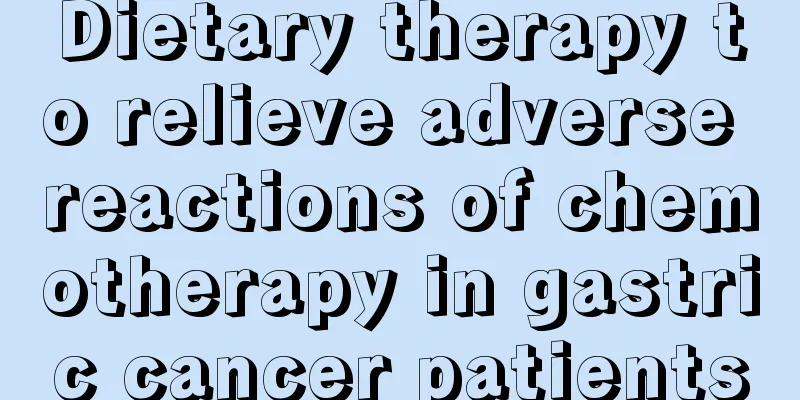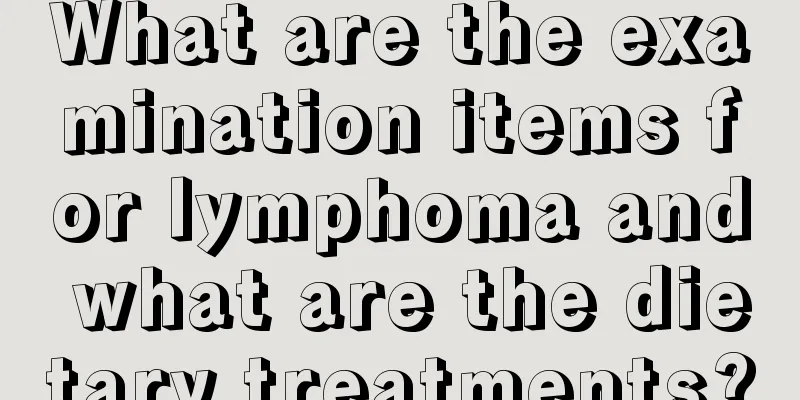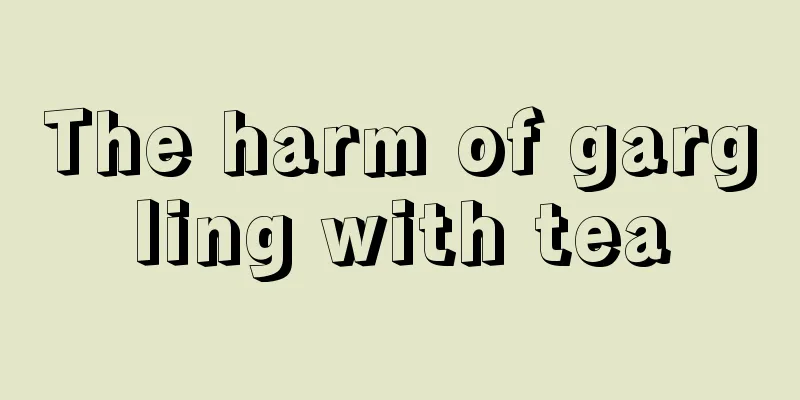Dietary therapy to relieve adverse reactions of chemotherapy in gastric cancer patients

|
Chemotherapy is an important step in the treatment of gastric cancer. Chemotherapy often causes serious digestive tract reactions in patients, such as nausea, vomiting, and loss of appetite. Therefore, dietary conditioning during chemotherapy is very important. Fungus and grape drink Ingredients: 100 grams of pear, 100 grams of black fungus, 100 grams of white fungus, and 1 portion of grape juice. Preparation: Wash the above three ingredients, add appropriate amount of water and cook in a pot. When the water is about to boil, add grape juice, cook for a while and turn off the heat. Usage: Drink as you like. Efficacy: nourishes yin and clears the lungs, increases fluid and nourishes the stomach. Suitable for symptoms such as irritability, dry mouth, nausea, poor appetite, and constipation caused by radiotherapy. Sea cucumber and Poria cocos soup Ingredients: 20 grams of wolfberry, 20 grams of Poria cocos, and about 250 grams of sea cucumber. Preparation: Wash wolfberries and wrap them and Poria cocos in gauze respectively. First, boil wolfberries and Poria cocos in water, then take the water and cook them with sea cucumber until they are soft. Add salt for seasoning and serve as a soup. Usage: Can be taken with 3 meals a day. Efficacy: Nourishes the spleen and kidneys, nourishes yin and produces blood. Suitable for patients who experience dizziness, shortness of breath and palpitations during chemotherapy. Uncaria rhynchophylla and lotus seed milk soup Ingredients: 20 grams of Uncaria rhynchophylla, 100 ml of fresh milk, 50 grams of white lotus seeds. Preparation: First boil lotus seeds and Uncaria rhynchophylla with appropriate amount of water, remove the residue and take water, add rock sugar or white sugar for seasoning, pour in milk and boil. Usage: Take while hot. Efficacy: Strengthens the spleen and stomach, replenishes the body and produces blood. It can relieve the symptoms of leukocytopenia and thrombocytopenia caused by chemotherapy, and relieve the patient's dizziness, fatigue, vomiting, and poor appetite. |
<<: Traditional Chinese Medicine Nursing Liver Cancer Patients through Syndrome Differentiation
>>: TCM Syndrome Differentiation and Treatment of Laryngeal Cancer with Phlegm Accumulation
Recommend
Will the feet become numb if you have nasopharyngeal cancer?
Will my feet go numb if I have nasopharyngeal can...
What are the diagnostic methods for lung cancer? These tests can diagnose lung cancer
Lung cancer is a disease that scares people becau...
What are the reasons why the refrigerator compartment is not cold?
The refrigerator must be a device that everyone i...
What are the best exercises for stomach problems
In many cases, stomach problems are caused by slo...
Is it better to take a bath with soap or shower gel?
Taking a bath with soap is what we often call per...
The difference between borscht and beetroot soup
Many people think that borscht and borscht are no...
In the late stage of colorectal cancer, you should pay attention to not eating or eating less fried food
As the incidence of colorectal cancer continues t...
Can doing sit-ups help reduce belly fat?
In daily life, many people want to reduce belly f...
Why do I urinate frequently after drinking beer?
Some people will find that they urinate frequentl...
What should I do if my leather jacket is wrinkled? Are there any tips to get rid of it?
Compared with other clothing, leather jackets are...
What are the causes of acute urticaria
Skin disease is the most painful disease, especia...
Job's tears are infested with worms
Sometimes, because the coix seeds you buy have no...
How to quickly remove kiss marks?
In today's society, with the progress of the ...
Sodium carbonate and hydrochloric acid reaction
Sodium carbonate, people generally call it "...
What's the use of expired skin care products
During the period when people use skin care produ...









